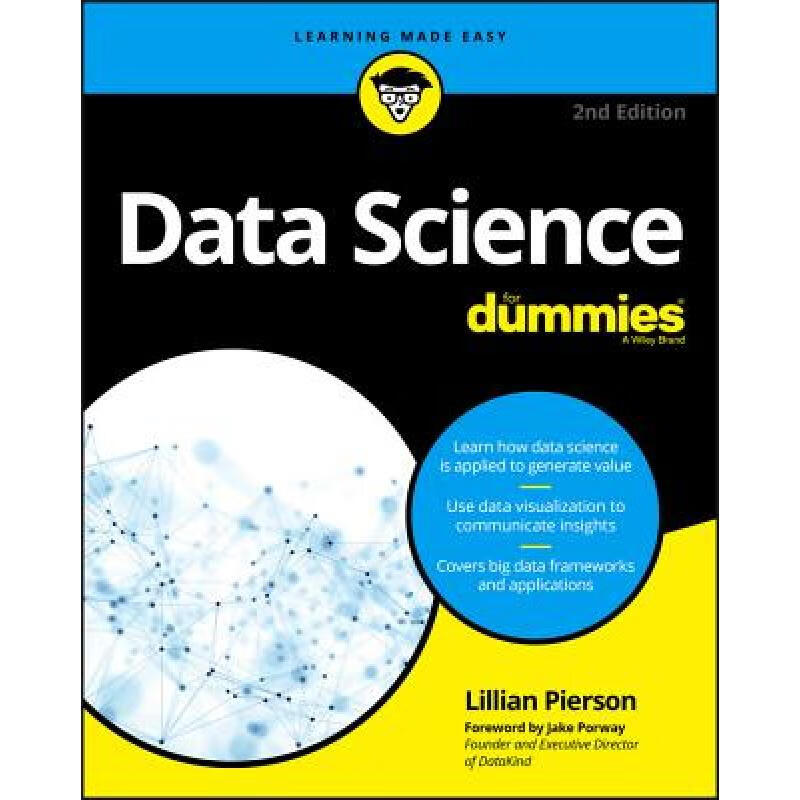|
The rapid growth of the internet has revolutionized the way we communicate, access information, and conduct business. However, along with its numerous benefits, the internet also presents certain challenges, including the need for effective content filtering to ensure a safe and secure online environment. Internet filtering refers to the process of selectively blocking or restricting access to certain websites, web pages, or online content based on predefined criteria. One of the primary reasons for implementing internet filtering is to protect users from harmful or inappropriate content. This includes content that may be explicit, violent, hateful, or illegal in nature. By filtering such content, internet service providers (ISPs), educational institutions, and even parents can create a safer online experience for their users, particularly children and young adults. Filtering technology allows administrators to define specific categories or keywords that trigger the blocking mechanism, thereby preventing access to undesirable content. Another important aspect of internet filtering is cybersecurity. The internet is teeming with malicious websites and online scams that can compromise users' personal information or infect their devices with malware. Filtering technology can help identify and block known malicious websites, phishing attempts, and other cyber threats, thus safeguarding users' privacy and security. However, while internet filtering serves an essential purpose, it also raises concerns about freedom of expression and access to information. Critics argue that filtering can be used as a tool for censorship, allowing governments or authorities to control the flow of information and stifle dissent. They argue that overly restrictive filtering measures can limit access to legitimate content, impede innovation, and undermine the principles of an open and democratic society. Finding the right balance between access and control is crucial. Internet filtering should be implemented responsibly, guided by transparent policies and clear objectives. It is essential to involve multiple stakeholders, including ISPs, content providers, civil liberties organizations, and the public, in the decision-making process to ensure that filtering mechanisms are fair, effective, and aligned with societal values. Moreover, advancements in technology have allowed for more sophisticated filtering methods. Rather than relying solely on keyword-based blocking, modern filtering systems employ artificial intelligence and machine learning algorithms to analyze content in real-time. These advanced techniques can better differentiate between harmless and harmful content, reducing the risk of overblocking or false positives. In conclusion, internet filtering is a necessary tool to protect users from harmful content and cybersecurity threats. However, it must be implemented judiciously to avoid undue censorship and restrictions on access to information. Striking a balance between access and control requires collective efforts and ongoing dialogue among stakeholders. By leveraging technological advancements and adopting transparent policies, we can create a safer online environment while preserving the principles of an open and free internet.  |
